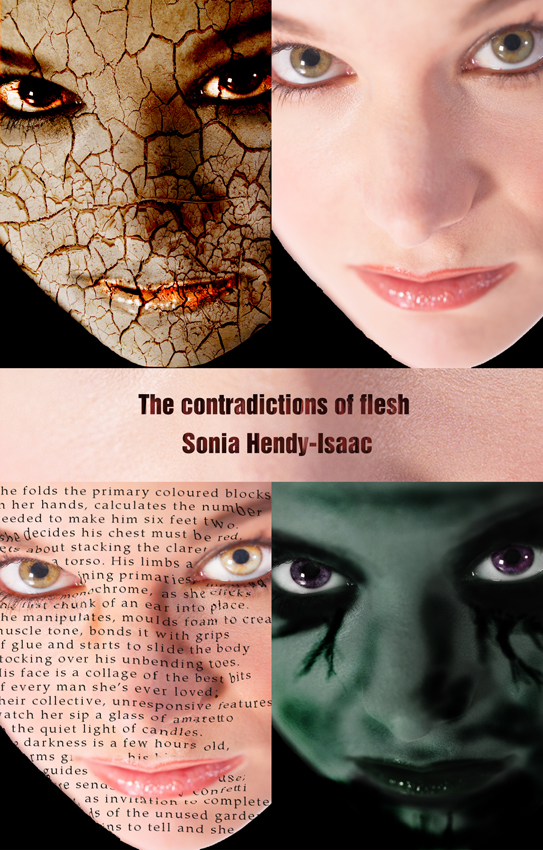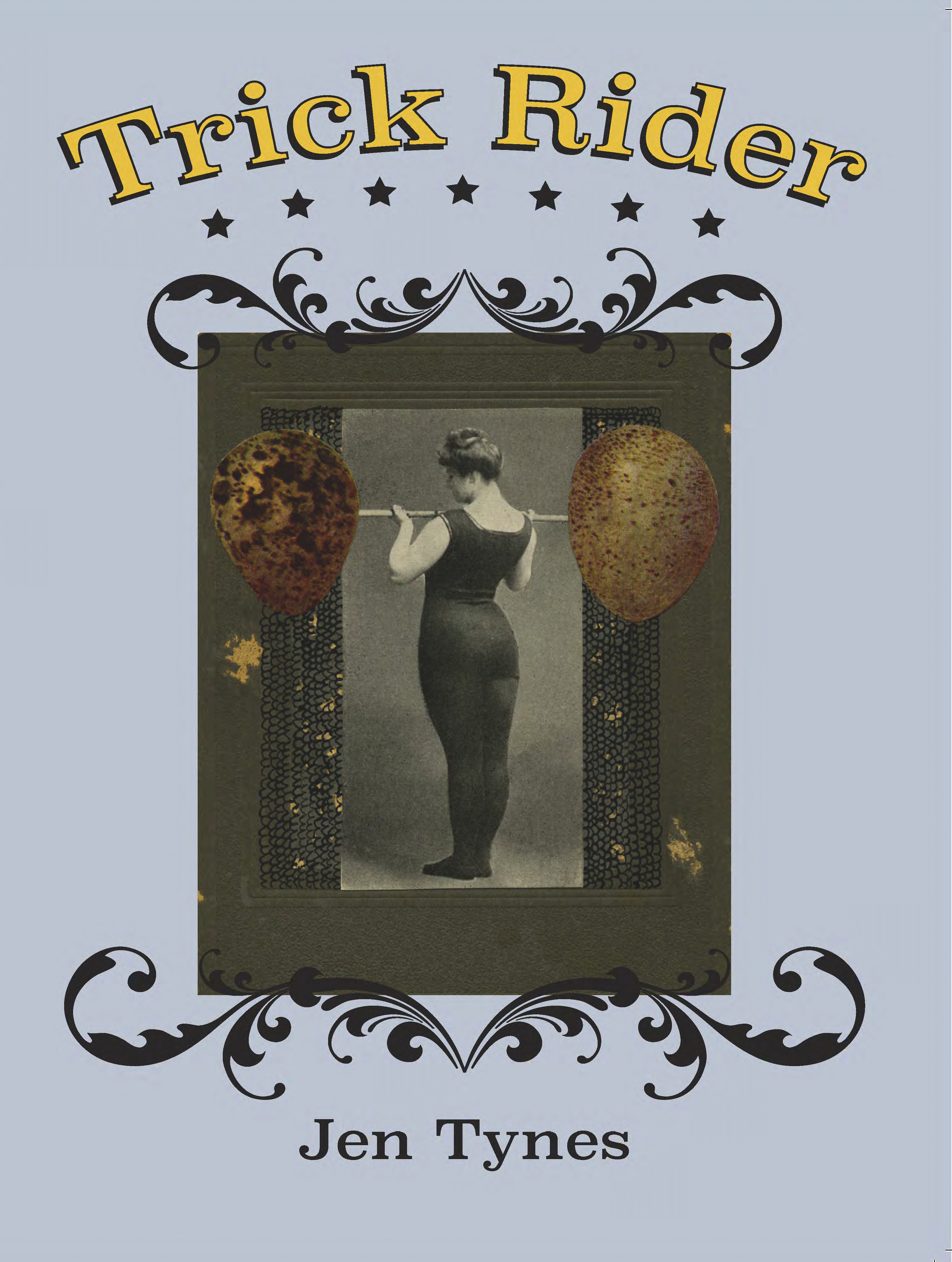The Contradictions of Flesh by Sonia Hendy-Isaac
-Reviewed by C.A. LaRue–
If Sonia Hendy-Isaac’s “soul is a dark forest,” as Anton Chekhov says, she explores the bounds of it with a sharp, gritty axe. The language in her first collection is frank and at times deeply sensual, but always with that dark edge, which seems to come from the confines of her blue-collar upbringing.
In its pages, you will find absent fathers, a-hole boyfriends, musings on suicide, eating disorders and fantasies of illicit sex juxtaposed with the gentle thrill of lines like:
As the streetlights wink on, trading energy
with each fluorescent office bulb, the autumn
unfolds itself in the brush of leaves
on the rooftop; as you climb, you know
there will be something beautifulin landing awkwardly.
Unlike the city-squashed speaker in this poem, Hendy-Isaac never lands awkwardly, though some of her lines do warrant a second or third read with their challenging structures. But then again, these same lines will end up feeling like throat slices once you grasp the concealed messages underneath the punctuational acrobatics.
And one has to appreciate the poet’s fully cultivated reading life, which spills over in references to a vast library of poets and songwriters. LOVE that “Hypoc/rites (of) passage” opens with a “crying” line from Regina Spektor.
Even in her more conventional poems, there is an undertone of passionate restlessness which builds and builds until finally breaking over one last, haunting image. This is especially true of the “post-breakup” poems: “Revenge”, “Collector” and “Legoman,” where the technique plays out beautifully against the raw subject matter.
But perhaps the most fascinating aspect of the collection is how the poet explores the relationship with her mother and the mutual feelings of isolation that will cause both women to bump around in their own adult lives.
For example, take this image from the tail-end of “Class” :
My own, then single, mother,
with the four of us, cleaner than a bleach stain,
& her Vidal Sassoon haircut acquired
from the snipping apprentices
of the London academy; her tailored suits
secured from the Selfridges bargain bin
& her sharp jade heels, chipping
the ground like a jack-hammer
because a car was beyond us;
she knew it too – we just didn’t fit.
Compared to these snippets from “Tailor”:
You pick apart the seams
of me with adept hands;
I cannot stop the fraying…You pin me into something
new under curses and blood
pricked fingers…You wear me with the pleasure
of reconstruction trickling
from the corners of your mouth.Now I fit fine on every occasion;
lips tacked tight with the invisible
thread held in every tailor’s kit.
And the ache present in “Detachment”:
She spends her whole life narrating it
all in the third person; a film script,
a play, a poem about something
that happened to another girl,
dropout, sister, mother, whore;
she cannot question the dialogue
or pre-empt the moments of clarity
for she knows there are none.
Instead, she writes something else;
wrestles the page to surrender a line,
a slippery simile, extensive metaphor,
or the elusive ecstatic ending; this,
she has no idea how to craft.
It is clear from these passages that the quest to define femininity and mold it into something more suitable to her own experience is at the heart of this collection. In one way, the book is a kind of map, and in another, a darkly-lovely tattoo.
In either case, it is a collection that you will want to spend some time with. Copies are available from www.indigodreams.co.uk.







Fair play sonia ….x